- How to Install AAC Conductor
- Power cable current carrying capacity
- Guide on Low Voltage Aerial Bundling Cables(ABC Cab
- Guide to Electrical Insulators
- The difference between 3 + 2 and 4 + 1 on wires and
- What are the cable accessories?
- AWG (American Wire Gauge) to MM2 Conversion
- Cable Short Circuit Current Calculate
- Overhead conductor,poles,and gold fittings design
- OPGW Cable Line Design Several Key Issues[2]
E-Mail:info@dosensecable.com
Phone:+8613073786551
Tel:+8613073786551
Add:Zhengzhou, Henan,China
Glass Insulators
Brand:Dosense Cable
Category:Cable Accessories
Glassinsulators are used in electrical systems to provide insulation and support for overhead power lines and communication lines. They are designed to withstand high voltages and environmental conditions while preventing electrical leakage...
Glass insulators are used in electrical systems to provide insulation and support for overhead power lines and communication lines. They are designed to withstand high voltages and environmental conditions while preventing electrical leakage. Here are some typical technical specifications for glass insulators:
1. **Material:** Glass insulators are primarily made from high-quality, non-porous glass. The glass used should have good mechanical strength, electrical resistance, and resistance to environmental factors.
2. **Type:** Glass insulators come in various types, including suspension insulators, pin insulators, post insulators, and strain insulators. Each type serves a specific purpose and has a unique design.
3. **Voltage Rating:** The voltage rating of a glass insulator indicates the maximum voltage it can safely withstand without breaking down. Glass insulators are used in high-voltage transmission and distribution lines, so their voltage ratings can range from a few kilovolts to several hundred kilovolts.
4. **Creepage Distance:** Creepage distance is the shortest distance along the surface of the insulator between two conductive parts. It's important for preventing leakage currents and electrical breakdown. The creepage distance is determined by the environmental conditions and the voltage rating of the insulator.
5. **Mechanical Strength:** Glass insulators must be able to support the weight of the conductors they hold while also withstanding mechanical stresses such as wind, ice, and vibrations. The mechanical strength is usually specified in terms of the maximum load the insulator can handle.
6. **Dimensions:** The dimensions of a glass insulator depend on its type and voltage rating. These dimensions include the length, diameter, and shape of the insulator.
7. **Fittings:** Glass insulators often come with metal fittings or hardware to attach them to support structures like poles or towers. These fittings should be corrosion-resistant and durable.
8. **Corona Rings:** For high-voltage applications, insulators may be equipped with corona rings. These rings help control the electric field and reduce corona discharge, which can cause power loss and radio frequency interference.
9. **Electrical Performance:** Glass insulators must have high electrical resistance to prevent current leakage and maintain the integrity of the electrical system.
10. **Environmental Resistance:** Glass insulators are exposed to various environmental conditions, including rain, snow, UV radiation, and temperature fluctuations. They should be designed to withstand these factors without deteriorating over time.
11. **Standard Compliance:** Glass insulators should meet relevant industry standards and specifications, such as those set by organizations like the International Electrotechnical Commission (IEC) or the American National Standards Institute (ANSI).
12. **Maintenance:** Glass insulators require periodic maintenance to ensure their performance. Regular cleaning and inspection are essential to prevent dust, pollution, or contaminants from affecting their insulating properties.
It's important to note that the technical specifications of glass insulators can vary depending on the specific application, voltage level, and manufacturer. When selecting glass insulators, it's crucial to consider the requirements of the electrical system they will be used in to ensure safety, reliability, and optimal performance.
- Previous:No
- Next:Composite Insulators





 info@dosensecable.com
info@dosensecable.com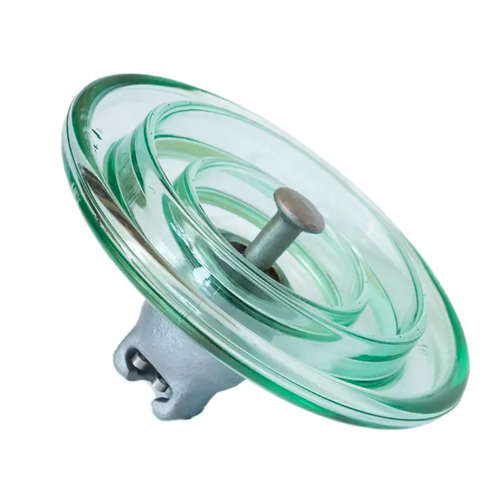
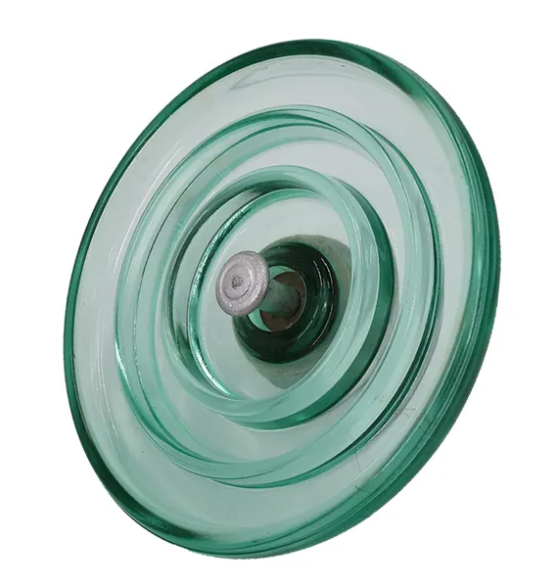
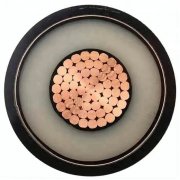
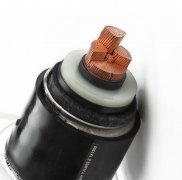
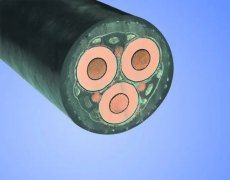
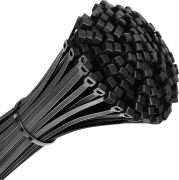
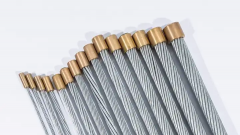
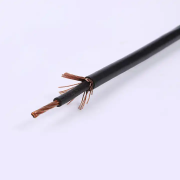
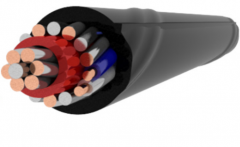
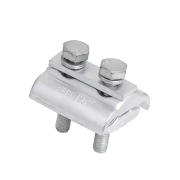

 Tel:
Tel:  Address: Zhengzhou, Henan,China
Address: Zhengzhou, Henan,China